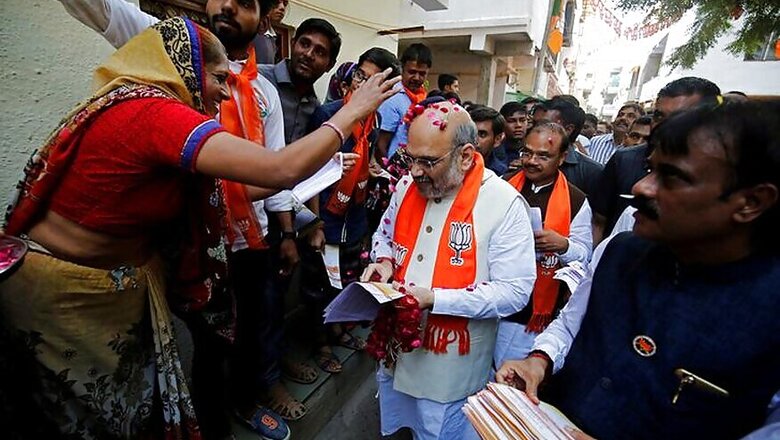
views
New Delhi: In November 2016, the ruling Bhartiya Janata Party put into effect its grand plans for demonetisation of Indian currency. Urban Gujarat was one of the worst hit.
Let's take Surat, for instance. The town found it hard to run its small and medium textile units, dyeing and printing factories. Just as they were limping back to normalcy, the BJP rolled out the Goods and Services Tax (GST). Surat, from the diamond hub it was known as, became the epicenter of protests against the twin blows.
The protests soon spread to other urban parts of the stat and also brought forth the agitation of the Patidar community. There was a time earlier this year, where one though the BJP may indeed have a tough fight on its hands to retain its clout over urban Gujarat. That scare, however, has now been completely shattered.
As the Election Commission counted votes in the state on Monday, a clear trend emerged — places like Surat, Ahmedabad, Vadodara, Rajkot and Gandhinagar have given a clear pass to the BJP to rule for the next five years.
While the final tally is yet to be released, the leads show the urban part of the state has yet again saved the day for the ruling party.
The BJP, too, has been partial to the urban voter in Gujarat, addressing the latter's concerns before anything else. Right before the polls, the Centre tweaked GST to address concerns of businesmen at industrial hubs like Surat.
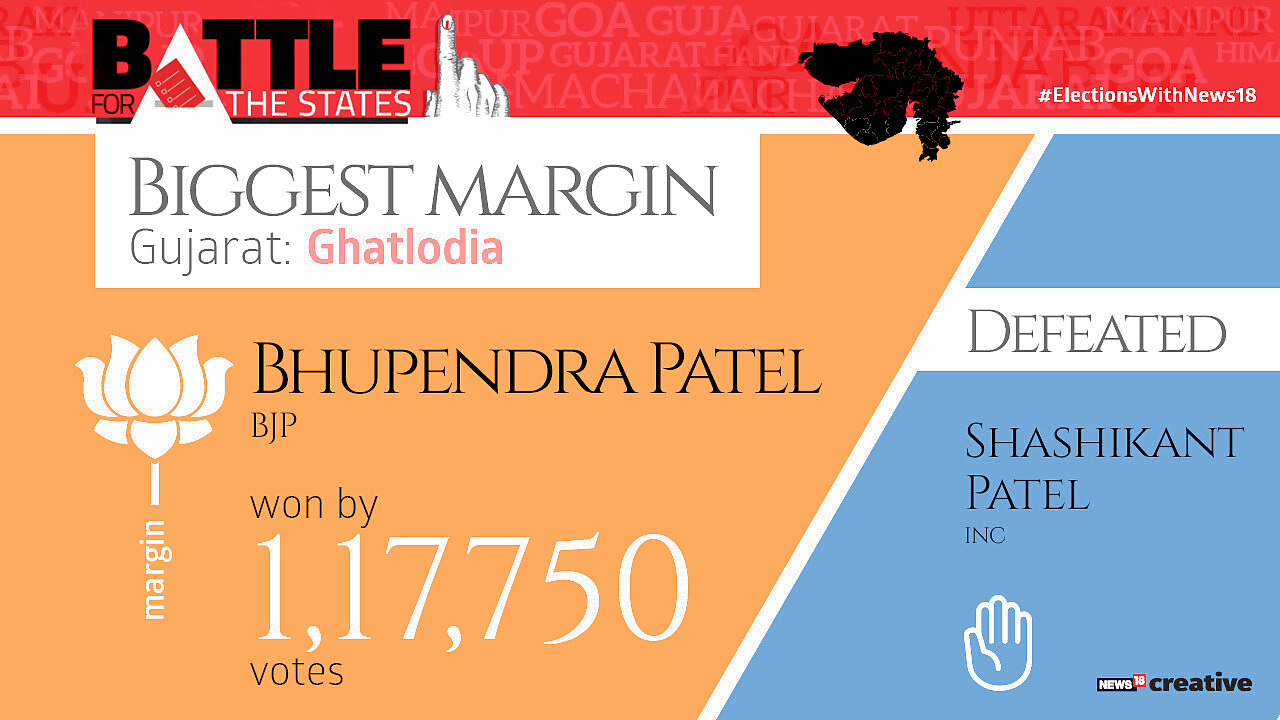
Analyst Dr. Hari Desai said voters were yet to trust Congress. "Most of the people in the state have not seen any other party other than the BJP. For them, BJP is the trustworthy party. While they might have problems with it, they are yet to have faith in another party," he said.
On the other hand, the rural part of the state has shown a completely reverse trend. Despite talks on development and 'vikas', the Gujarat model has often been a bone of discontent for them, with most going for the Congress.
In the 2012 elections, BJP won 52 seats in urban Gujarat while Congress could only manage 6. On other hand, the ruling party won 63 seats in rural Gujarat and the Congress won 55 seats.
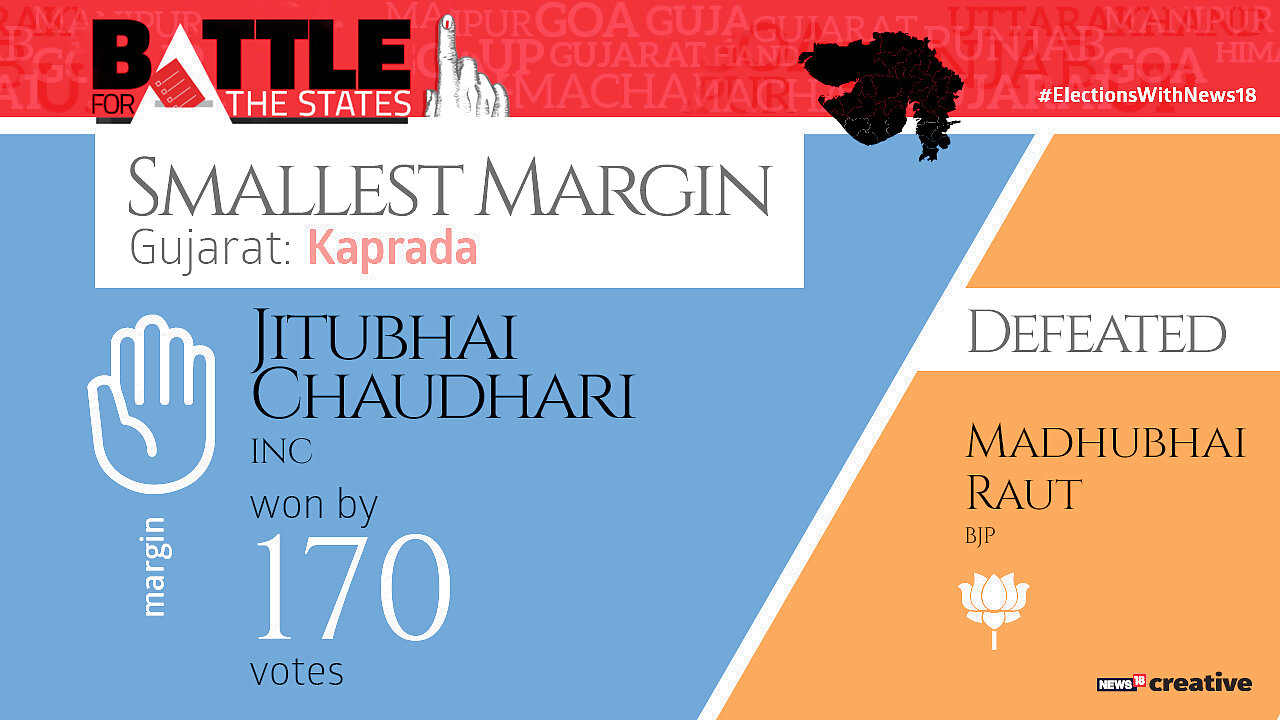
Modi, during his rallies, said at stake was Gujarati 'asmita' (pride). He, as the 'son of soil' was sure the state would not forgive anyone who 'insulted its son'. "There was not much talk on development. He relied on polarization, Pakistan and made communal statements. But most of all, he made winning the election a prestige issue for him," said Desai.
Rahul, during his election campaigns, had laid emphasis on agrarian issues and how the PM was giving a free hand to '5-10 industrialists and overlooking the overall development of Gujarat.' He used his campaigns to corner Modi on 'Gabbar Singh Tax', had meals at houses of people in rural areas, held chai sabhas and spoke about 'one-sided development.'
Desai said the agitation among the urban voter had benefitted the Congress to a large extent. "Congress almost touching 80 seats is huge. While the urban voter may have given a majority to the BJP, Congress still has done well, I'd say, despite the urban-rural divide," he said.











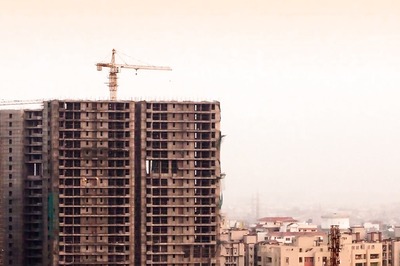
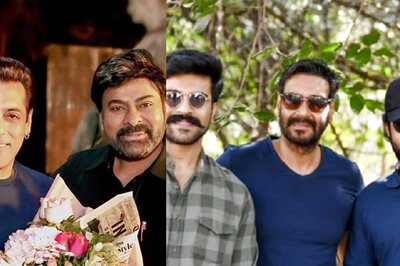






Comments
0 comment